Inquest hears theories of what happened to missing fraudster Melissa Caddick
The disapearance of fraudster Melissa Caddick has captured the imagination of the nation. But what really happened to the missing woman?
Two years on from the disappearance of fraudster Melissa Caddick, questions are still swirling over the circumstances of her mysterious disappearance and presumed death.
The conwoman vanished from her home in Sydney’s eastern suburbs in the early hours of the morning in November 2020, just one day after her Dover Heights home was raided by police and the corporate regulator.
The 49-year-old was accused of fleecing $20-30 million from investors, including her own friends and family, in a Ponzi scheme.
This month, a coronial inquest has examined her final movements, the police investigation, theories about her fate and what one police officer told the inquest was the “extremely strange and unusual behaviour” of her husband, Anthony Koletti.
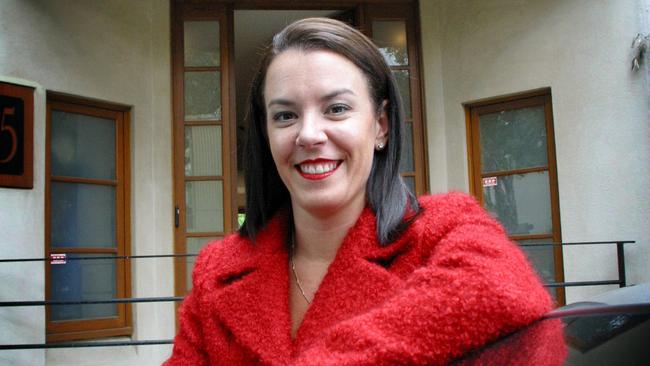
THE HUSBAND
Counsel assisting the coroner Louise Coleman told the court last week that officers involved in the investigation in 2020 had suspected Mr Koletti was involved in Ms Caddick’s disappearance.
The court was told that Mr Koletti did not make a statement to police until November 13, by which time his wife had been missing for more than 24 hours.
“It is plain from the brief of evidence that as early as 13 November 2020, each of the three police officers that had attended Mr Koletti’s home that day and had subsequently spoken with Witness B held concerns regarding the accounts provided by Mr Koletti and suspected that he might have been involved in some way in Ms Caddick’s disappearance,” Ms Coleman said.
Sergeant Trent Riley, who is due to give evidence at the inquest, said in a July 2021 statement that he believed that Mr Koletti knew of Ms Caddick’s whereabouts.
“He states that Mr Koletti had told him several lies, that his story had changed multiple times, and that he made ‘strange and unusual comments about different aspects of his version’,” Ms Coleman said.
However, any suggestion that Mr Koletti was involved in the disappearance or possible death of his wife was quickly ruled out.
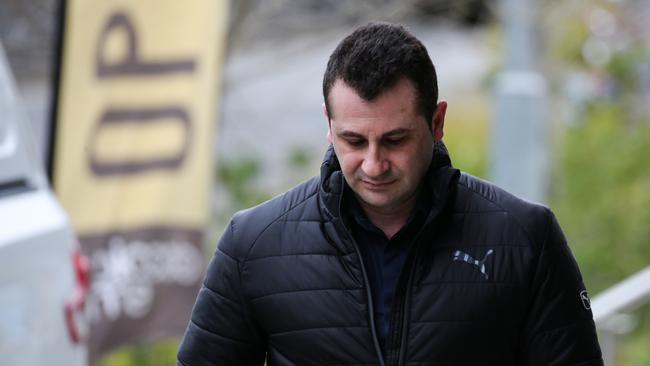
Detective Sergeant Michael Kyneur was the officer in charge of the investigation for a brief 10-day period in November 2020 before he was replaced.
During his time in charge of the investigation, Sergeant Kyneur said he considered three possibilities – that she was killed by Mr Koletti, that Ms Caddick had committed suicide or that she had gone on the run.
However, he said he ruled out the theory that Mr Koletti, a hairdresser and part-time DJ, was involved in foul play.
Sergeant Kyneur said it was “not a viable proposition” in his mind that she was killed by Mr Koletti.
“There was no evidence in the house of any struggle or violence, I was mindful that (Ms Caddick’s son) was present at the time that she left,” Sergeant Kyneur said.
Mr Koletti has never been charged with any crime related to her disappearance.
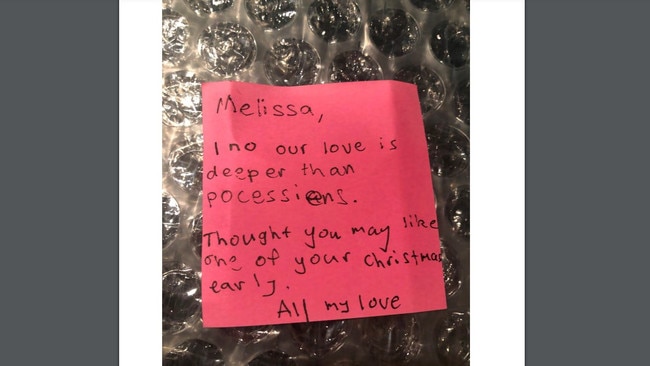

Detective Sergeant Michael Foscholo told the court he found “no evidence to support the theory” that Koletti played a role in Ms Caddick’s disappearance.
Ms Caddick’s family have leapt to the defence of Mr Koletti, with her brother saying he was “floored” that counsel assisting were ”going after” him.
“I make this statement in response to the line of questioning taken by counsel assisting which suggests that my brother-in-law Anthony Koletti could have harmed my sister or is in some way complicit in her disappearance,” Mr Grimley wrote in a statement to the court dated September 19.
“Anthony has suffered enormously from not only the loss of Melissa and the shock of Melissa‘s misconduct, but also by the unsubstantiated accusations made by parts of the media, seemingly now being pursued by counsel assisting in this inquest.”
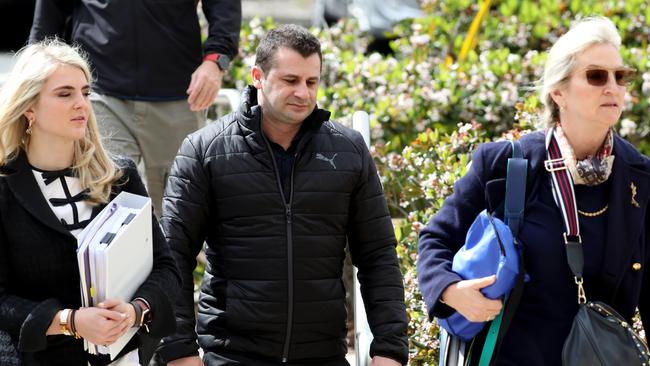
THE RAID
The inquest was told Ms Caddick‘s family held ASIC responsible for her death, claiming she was not offered food or drink during the raid on November 12 – though video from the tendered to the court search does not show any sign of complaint from Ms Caddick.
Isabella Allen, who was ASIC‘s lead investigator in the case, told the court she was accused by Ms Caddick’s brother of having caused the fraudster’s death.

The court heard that Mr Grimley asked Ms Allen in June 2021: “How do you feel about being responsible for Melissa’s death?”
“Do you feel responsible?” she was asked by her counsel John Sutton.
“No, I was doing my job,” Ms Allen replied.
Mr Koletti has also made allegations that held ASIC responsible for her death.
In an affidavit made by Mr Koletti in July 2021, he said he believed that Ms Caddick “died as a direct result of ASIC’s negligence, cruelty and inhumanity”, accusing them of denying the pair food, water and medical attention during the raid.
In his music, released under the name “Paws Off” and played to the court, he in one track claimed: “Just waiting for a coroner’s report to tell me something that I already know, my wife died as the direct result of an ASIC investigation.”
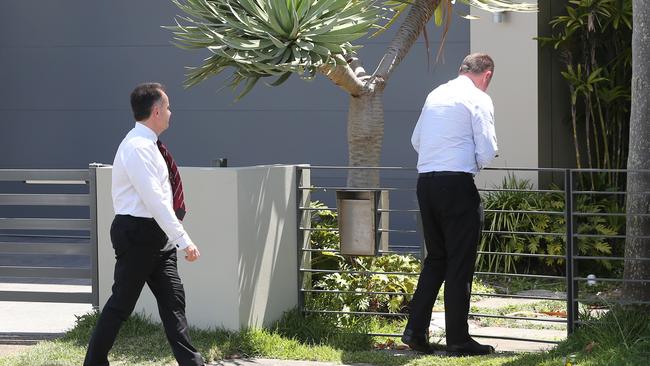
The court has been told that during the raid Ms Caddick drank a protein shake, Mr Koletti made her several coffees and they on occasion smoked cigarettes in the backyard of their Dover Heights home.
When asked by the inquiry whether he still maintained that ASIC was responsible for her death, Mr Koletti said he did.
MENTAL HEALTH
Forensic psychiatrist Dr Kerri Eagles told the court on Thursday she thought Ms Caddick appeared to have had narcissistic personality disorder after reviewing her medical record and witness statement.
Dr Eagles told the court as a result of being charged, Ms Caddick would have seen herself as being in danger of losing her work, loved ones and “respect and admiration” of others.
“The ASIC investigation would have ultimately been a public and personal humiliation, costing her friendships, damaging her family relationships and destroying her existing lifestyle,” she told the court.
“Given that she appeared to largely measure her self worth through the perceptions of others, this would have resulted in a significant narcissistic injury to her self esteem and potentially caused a catastrophic level of shame and despair.”
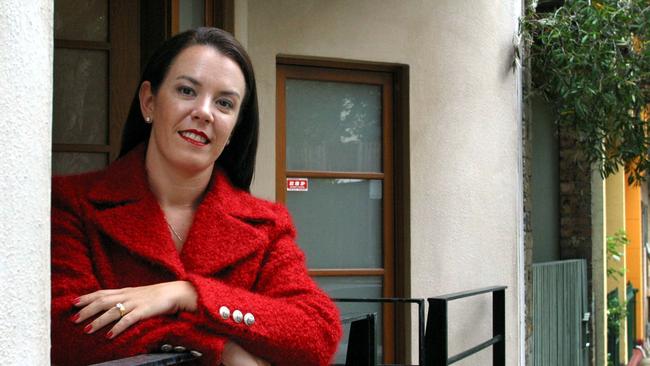
Dr Eagles said that people with similar disorders have been known to take their own lives after a “major insult to their self-esteem”.
“If Ms Caddick did end her life, the decision may have been impulsive, influenced by feelings of intense shame and despair arising from the circumstances,” she said.
Under questioning from John Sutton, the lawyer representing Ms Allen, Mr Koletti agreed there was the “potential” she took her own life after realising she was set to lose her riches.
THE FOOT
Ms Caddick is suspected to be dead after remains of her foot were discovered on a beach in Tathra, on the NSW south coast in February 2021, three months after she disappeared.
An oceanographer told the court it was possible that her body could have gone into the water at Dover Heights on the morning of her disappearance and washed up 400km down the coast months later.
Dr David Griffin said that her body could have floated close to the ocean floor for around 93 days before resurfacing in February 2021.
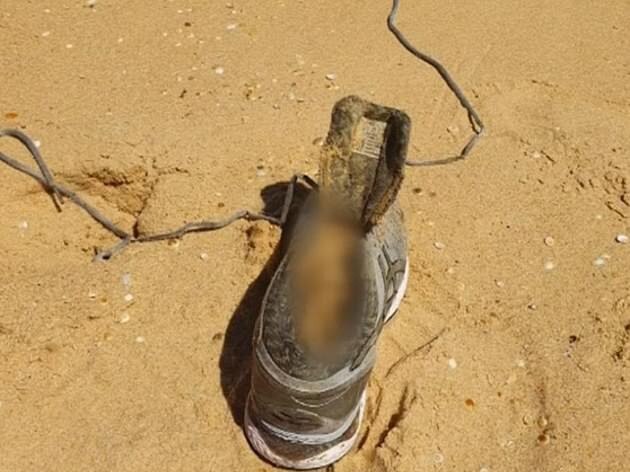
The court heard earlier in the inquest that police at one stage considered conducting an experiment involving pig carcasses being thrown into the ocean, fitted with running shoes and tracking devices.
The plan was supposed to test ocean currents and how sharks would react.
Detective Sergeant Steven Morgan told the court he did not know if they ever followed through with the experiment.
The rest of Ms Caddick’s body has never been found.


